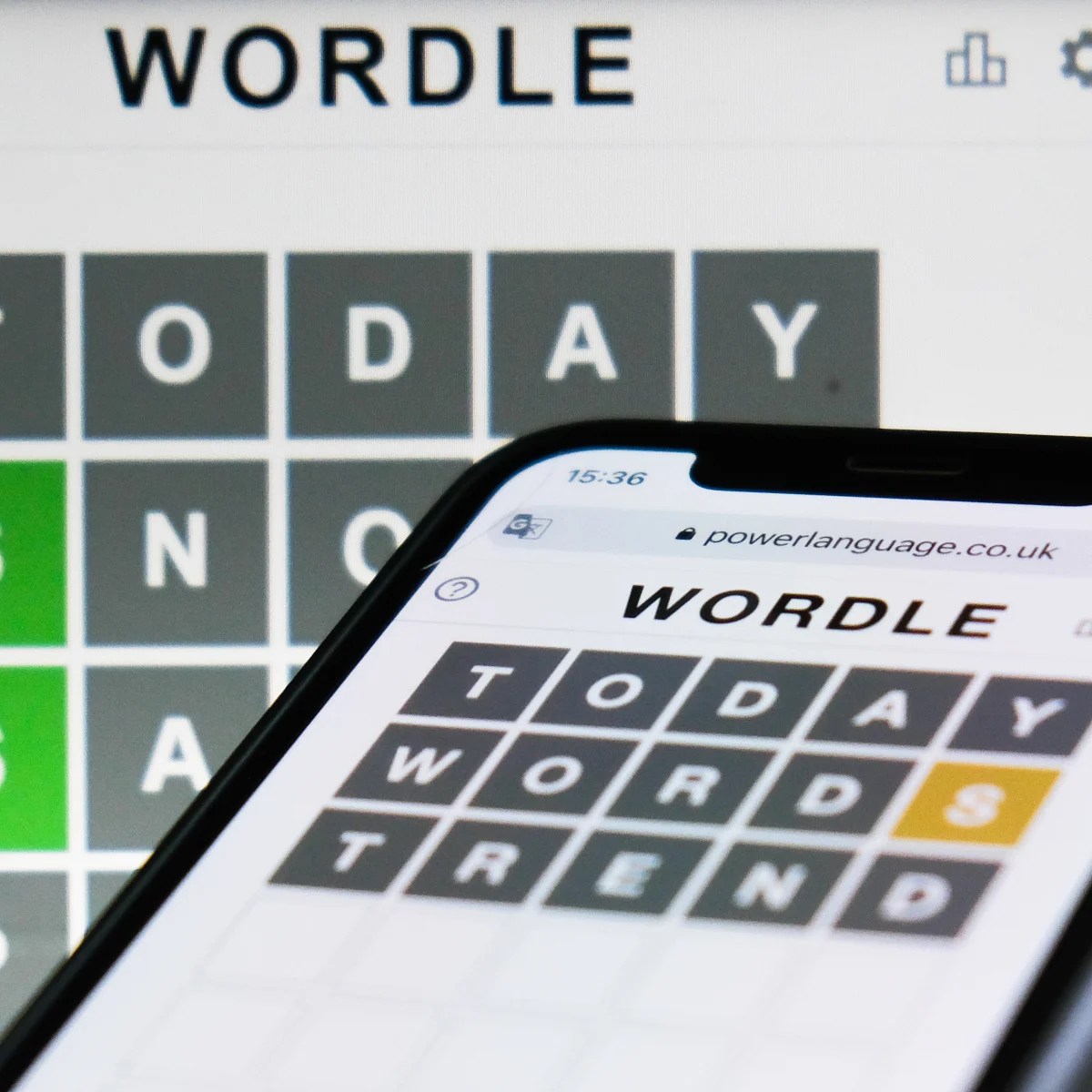The digital age has ushered in a new era of gaming, with word games taking center stage. Among them, Wordle, the brainchild of Josh Wardle, reigns supreme. This deceptively simple game, with its grid format and color-coded feedback, has captivated millions worldwide. Yet, with its meteoric rise comes a debate – the use of Wordle hints. Are they a necessary tool for success, or a crutch that diminishes the game's integrity?
The allure of Wordle lies in its simplicity. Players aim to decipher a five-letter word within six attempts, using the color-coded feedback to guide their guesses. Each correct letter in the correct position turns green, a correct letter in the wrong position turns yellow, and incorrect letters remain gray. This minimalistic approach, devoid of complex rules or elaborate graphics, is precisely what draws players in. It's a cerebral exercise accessible to everyone, regardless of their gaming prowess.
However, the very simplicity that defines Wordle also breeds its own brand of competitive spirit. As players strive to maintain their winning streaks and share their results on social media, the pressure to succeed mounts. This is where Wordle hints enter the equation. Offered by a plethora of websites and apps, these hints range from subtle clues to outright spoilers. For some, they are a lifeline, a way to navigate particularly challenging puzzles and maintain their winning streak. For others, they represent a slippery slope, a deviation from the game's intended spirit of deduction and problem-solving.
The argument for Wordle hints often centers around accessibility and enjoyment. Proponents argue that they make the game more inclusive, allowing those with less time or a smaller vocabulary to participate fully. They contend that hints can reignite the spark for players on the verge of frustration, ensuring continued engagement with the game. Furthermore, they highlight the social aspect, arguing that shared hints and strategies foster a sense of community among players.
Yet, the anti-hint camp stands firm in their conviction that such aids detract from the purity of the game. They view Wordle as a test of linguistic dexterity, a challenge best tackled with wit and deduction alone. To them, hints are akin to shortcuts, robbing players of the satisfaction derived from cracking the code independently. They express concern that reliance on hints fosters a dependence that diminishes critical thinking and problem-solving skills. The debate, much like the game itself, is black and white, with passionate voices on both sides.
Ultimately, the choice to use Wordle hints or not is a personal one. There is no right or wrong answer, and each player is entitled to approach the game in a way that maximizes their enjoyment. Whether you find yourself reaching for a hint on a particularly perplexing day or relish the challenge of going it alone, remember that the true joy of Wordle lies in the mental workout it provides. So, embrace the challenge, celebrate your victories, and most importantly, have fun!
The enduring allure of wrought iron bed frames
Kylen and jason today
The curious case of short term friendship memes
wordle hint today mashable opinion piece - Khao Tick On
wordle hint today mashable opinion piece - Khao Tick On

